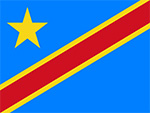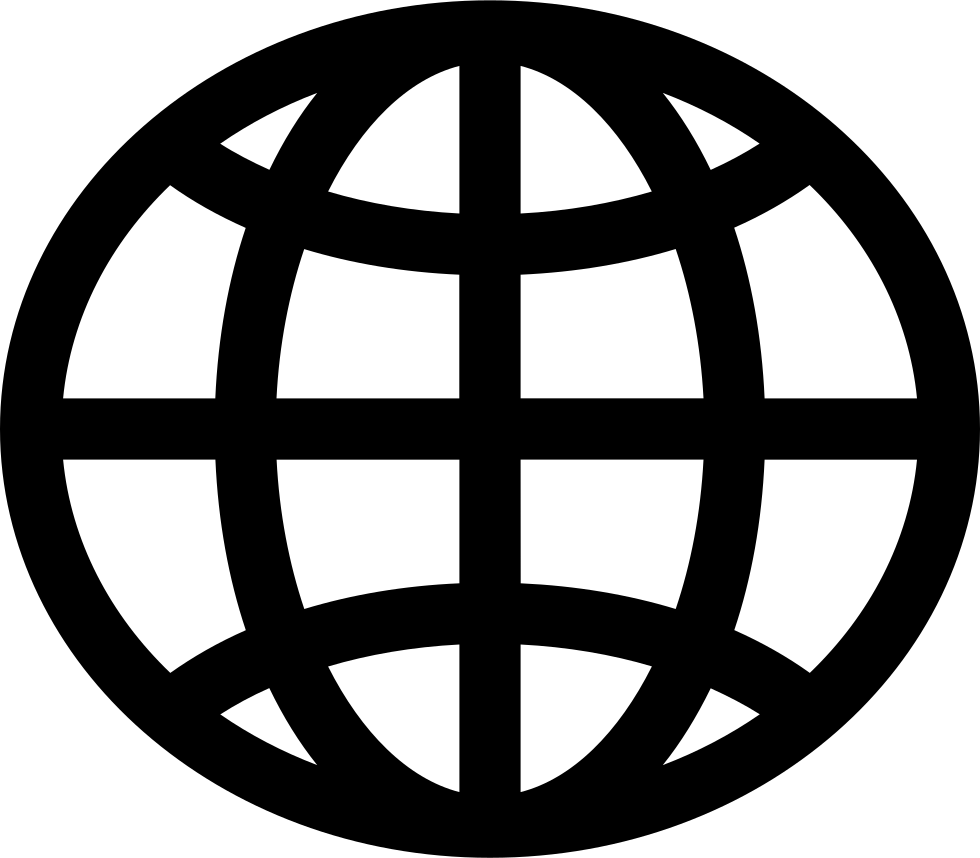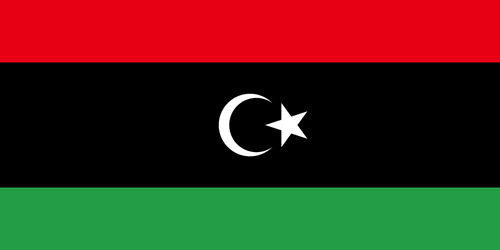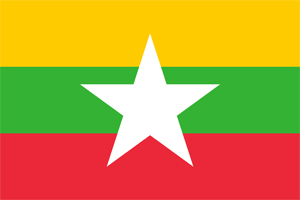WASH results in Goal Area 4 of the UNICEF Strategic Plan 2022-2025
UNICEF
(
United Nations / Multilateral body
)
#SDGAction51122
Description
Every child, including adolescents, has access to safe and equitable water, sanitation and hygiene services, and lives in a safe and sustainable climate and environment
Every child has the right to live in a safe and sustainable climate and environment. And yet, climate change, weak local and national governance, unplanned urbanization and insufficient awareness of the dangers posed by environmental risks – including inadequate water and sanitation systems – expose millions of children to potential harm. UNICEF’s work in 2022–2025 will help to achieve these high-level results, among others: Increase the population using safely managed drinking water services and the population using safely managed sanitation services. Contribute to decrease the under-5 mortality rate attributed to unsafe water, sanitation and hygiene.
To ensure every child lives in a safe and sustainable climate and environment, UNICEF works in these result areas:
Safe and equitable water, sanitation and hygiene services and practices: Safe water, clean toilets and soap can prevent disease and save children’s lives. But for millions, these necessities are out of reach. UNICEF establishes sustainable water and sanitation services for the long-term. And we provide vital hygiene supplies, such as soap and menstrual hygiene products.
Water, sanitation and hygiene systems and empowerment of communities: UNICEF strengthens water, sanitation and hygiene systems, such as handwashing facilities and toilets, in schools, communities and health centres. But our work also focuses on community empowerment to ensure everyone practices good hygiene and understands the dangers of unclean water and poor sanitation.
UNICEF reaffirm our commitment to our expanded work on WASH system strengthening supporting national WASH financing strategies and increased WASH sector fund leveraging, sustainability and also top support the development of climate rationales for the impact of climate change and water scarcity on WASH services. In order to implement these targets, UNICEF and partners have developed the Sanitation Game Plan Initiative and the Water Security for All initiative to reach the children living in areas of high or extremely high water vulnerability.
UNICEF's work on water and climate is reflected in Goal Area 4 aimed at ensuring that every child, including adolescents, uses safe and equitable WASH services and lives in a safe and sustainable climate and environment. Work under this Goal Area, including in humanitarian crises and fragile contexts, contributes to health, education, nutrition, environmental, resilience and gender components of the 2030 Agenda, including Sustainable Development Goals 5, 6, 7, 8, 12 and 13, and is linked to sustainable progress in numerous other Sustainable Development Goals, including Goals 2,3 and 4 and contributing to Goals 1,16, 17
In 2021, UNICEF country offices reported a total of 1,792 WASH programme partners – in addition to government partners. These include United Nations agencies, donor partners, international and national NGOs, academic institutions, civil society organizations and private companies.
SDGS & Targets
Goal 6
Ensure availability and sustainable management of water and sanitation for all
6.1
By 2030, achieve universal and equitable access to safe and affordable drinking water for all
6.1.1
Proportion of population using safely managed drinking water services
6.2
By 2030, achieve access to adequate and equitable sanitation and hygiene for all and end open defecation, paying special attention to the needs of women and girls and those in vulnerable situations
6.2.1
Proportion of population using (a) safely managed sanitation services and (b) a hand-washing facility with soap and water
6.3
By 2030, improve water quality by reducing pollution, eliminating dumping and minimizing release of hazardous chemicals and materials, halving the proportion of untreated wastewater and substantially increasing recycling and safe reuse globally
6.3.1
Proportion of domestic and industrial wastewater flows safely treated
6.3.2
Proportion of bodies of water with good ambient water quality
6.4
6.4.1
Change in water-use efficiency over time
6.4.2
Level of water stress: freshwater withdrawal as a proportion of available freshwater resources
6.5
By 2030, implement integrated water resources management at all levels, including through transboundary cooperation as appropriate
6.5.1
Degree of integrated water resources management
6.5.2
Proportion of transboundary basin area with an operational arrangement for water cooperation
6.6
6.6.1
Change in the extent of water-related ecosystems over time
6.a
6.a.1
Amount of water- and sanitation-related official development assistance that is part of a government-coordinated spending plan
6.b
Support and strengthen the participation of local communities in improving water and sanitation management
6.b.1
Proportion of local administrative units with established and operational policies and procedures for participation of local communities in water and sanitation management
SDG 14 targets covered
| Name | Description |
|---|
Deliverables & Timeline
Resources mobilized
Partnership Progress
Feedback
Action Network

Timeline
Entity
SDGs
Region
- Africa
- Europe
- Asia and Pacific
- Latin America and the Caribbean
- West Asia
- Global
Other beneficiaries
UNICEF SP commits to reaching, for example:
o 50 million people directly with WASH services,
o 40 million women and girls on their MHH needs,
o To continue our large-scale humanitarian WASH responses,
o To support 25 countries with costed and inclusive national WASH financing strategies
o 60 countries with increased WASH sector financial leveraging.
o 50 countries to develop a climate rationale for the impact of climate change and water scarcity on WASH services.
o And other commitments on WASH nexus, sustainability etc.
More information
Countries
















































































Contact Information
Aidan, Senior Adviser WASH

